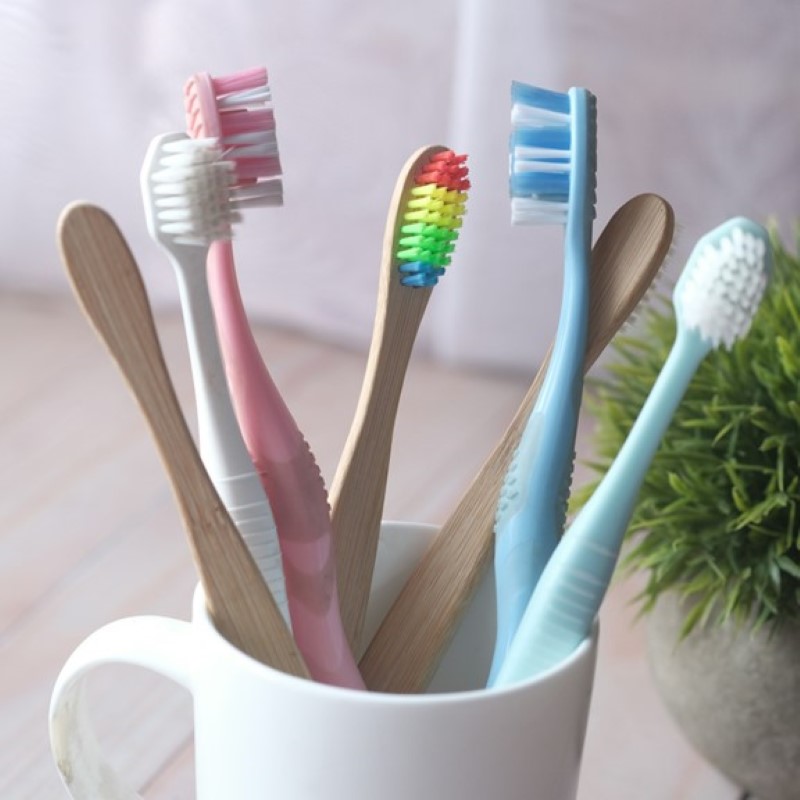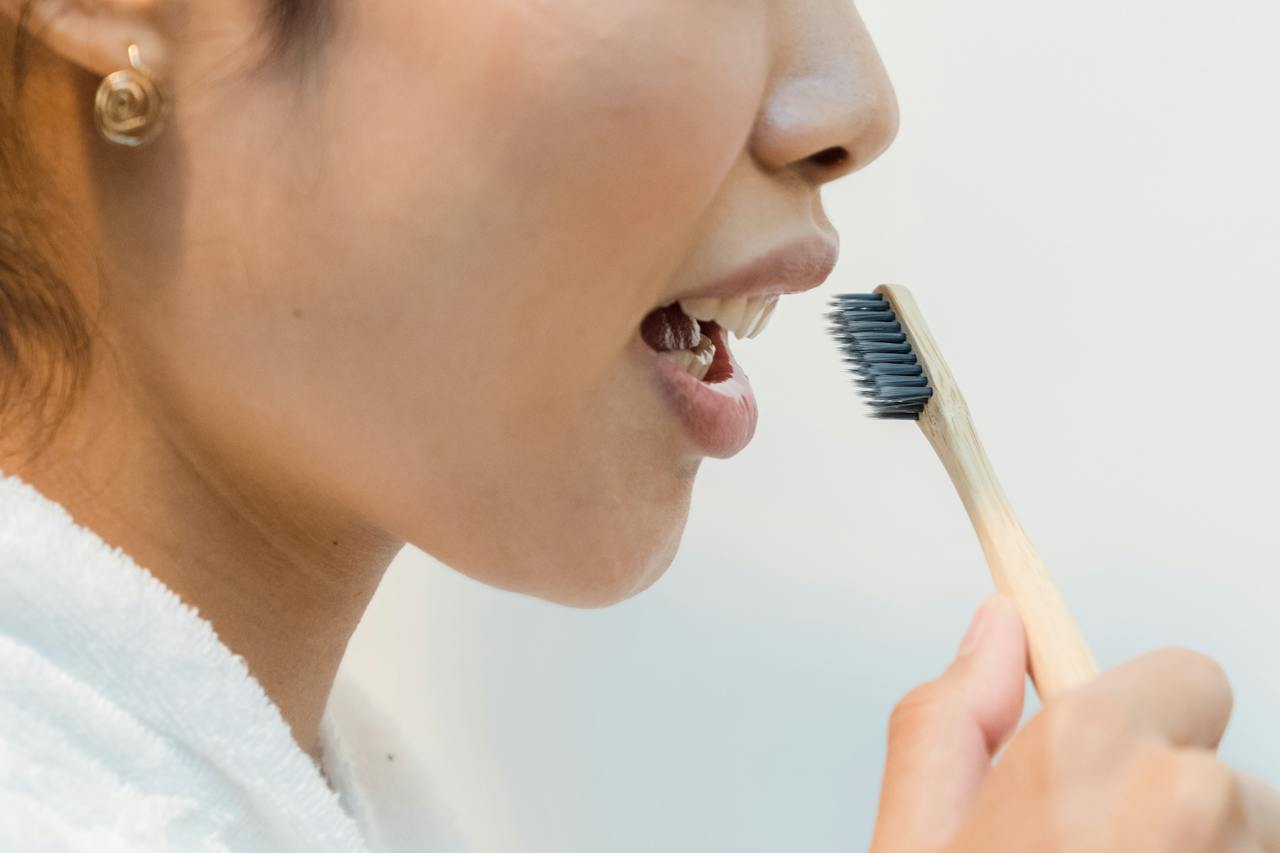Nov
16

Brushing your teeth is a fundamental aspect of dental hygiene, and incredibly important for maintaining oral health. But what exactly happens when this essential practice is neglected? The effects of not brushing your teeth regularly can be both immediate and long-term, affecting not just your mouth but your overall health as well.
In the following blog, we’re going to take a look at some of the consequences of irregular tooth brushing, from the initial signs of neglect to the more serious, long-term impacts. Let’s dive in.
Immediate Effects of Irregular Brushing
Plaque Buildup and Tooth Decay
One of the most immediate consequences of not brushing regularly is the buildup of plaque. Plaque is a sticky film of bacteria that forms on the teeth and gums, and when not removed, it can lead to tooth decay. Plaque occurs because these bacteria feed on the sugars in the food and drinks you consume, producing acids that erode tooth enamel. Over time, this erosion can lead to cavities, which are permanent damages in the form of tiny openings or holes on the tooth surface.
Read Next: Why You Shouldn’t Consume Dairy After a Tooth Implant?
Bad Breath
Neglecting to brush your teeth can also lead to bad breath, known medically as halitosis. This is often caused by the remnants of food particles in your mouth, which can decay and produce an unpleasant odor. Furthermore, the bacteria in plaque can also contribute to bad breath, so regular brushing helps keep your breath fresh.
Gum Inflammation
Another immediate effect of not brushing is gum inflammation, also known as gingivitis. This condition occurs when plaque builds up along the gumline, causing the gums to become red, swollen, and prone to bleeding. Gingivitis is an early stage of gum disease but is reversible with proper dental care, including regular brushing and flossing.

Long-Term Consequences
Advanced Gum Disease
If gingivitis is not addressed, it can progress to a more severe form of gum disease known as periodontitis, which is a dental condition affecting the tissues and bones that support your teeth. As periodontitis advances, the gums begin to pull away from the teeth, forming spaces (called pockets) that can become infected.
After a while, this combination of bacterial toxins (as well as the body’s natural response to infection) starts to break down the bone and connective tissue that hold teeth in place. This means that if it’s not treated, periodontitis can actually lead to loosening or loss of teeth.
Tooth Loss and Toothache
Circling back to a more direct consequence of oral neglect, untreated tooth decay can also lead to intense toothache and discomfort, which can severely impact your daily activities. If you’ve ever had a toothache before, you’ll know just how painful it is! If you’re having persistent toothache, you can always come for an appointment at Smile Cliniq, your award-winning local dentist in London. Our professionals will be able to examine your teeth, diagnose the problem and relieve your toothache, so you can get back to your day-to-day life pain-free!
Also Read: How Often to Visit a Dentist?
Oral Infections and Abscesses
In some severe cases, failure to maintain regular brushing can lead to the development of oral infections and abscesses; an abscess is a collection of pus that forms due to a bacterial infection inside the tooth or gums, and these infections can be extremely painful and may require urgent dental treatment. In severe cases, the infection can spread to other parts of the body, posing a serious health risk. If you suspect that you do have a dental abscess, it’s vital that you book an emergency dentist appointment as soon as possible to have it drained (and potentially accompanied with a course of antibiotics).
How to Establish a Good Oral Care Routine
So, how can you prevent all of these uncomfortable dental problems? It’s simple: by establishing a good oral care routine. Start by selecting a high-quality toothbrush; (soft bristles are generally recommended to avoid damaging your gums) and ensure that you’re brushing twice a day, especially in the morning and before bed, to remove plaque and prevent tooth decay. Don’t forget to replace your toothbrush every three months or sooner if the bristles are frayed.
You should also incorporate flossing into your routine to clean those areas between your teeth that a toothbrush can’t reach, as this helps prevent gum disease and tooth decay in these hard-to-reach areas. And it doesn’t matter if you’re flossing before or after brushing – it’s just important that you do it! Additionally, you can use a mouthwash to kill bacteria, freshen your breath, and provide an extra layer of protection against tooth decay.
Finally, regular dental check-ups are essential, so make a priority of visiting your dentist every six months for a professional cleaning and examination. And don’t forget lifestyle choices play a role too: a balanced diet that’s low in sugar and high in nutrients plays a significant role in oral health, as does avoiding tobacco.
Read Next: 5 Foods for Healthy Gums










